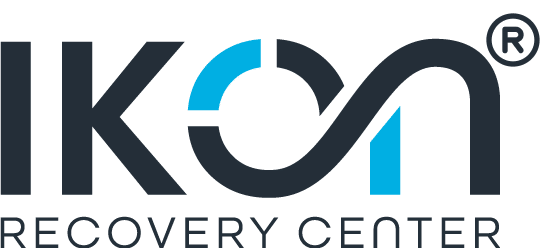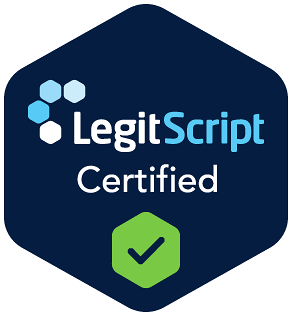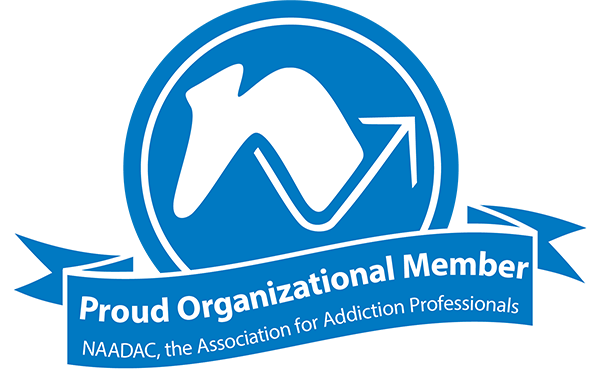It’s completely normal to feel a little high-strung before a big test, work deadline, or in-person meeting, but chronic anxiety is much different. In New Jersey, there are countless individuals who turn to alcohol, nicotine, pain pills, and even cannabis in an attempt to shut off racing thoughts. While those methods may provide a form of short-term relief, that relief fades fast, leaving tolerance, cravings, and rebound anxiety in its place.
It’s becoming more common to see panic attacks and substance withdrawal that are severe enough to warrant a hospital visit, but treating them individually only frustrates the situation and wastes time. If you or someone you care about is struggling with anxiety and addiction, integrated care can help calm the mind, withstand cravings, and rebuild daily life from the ground up. By seeking local dual diagnosis treatment, you can establish a foundation for lasting, long-term recovery.
